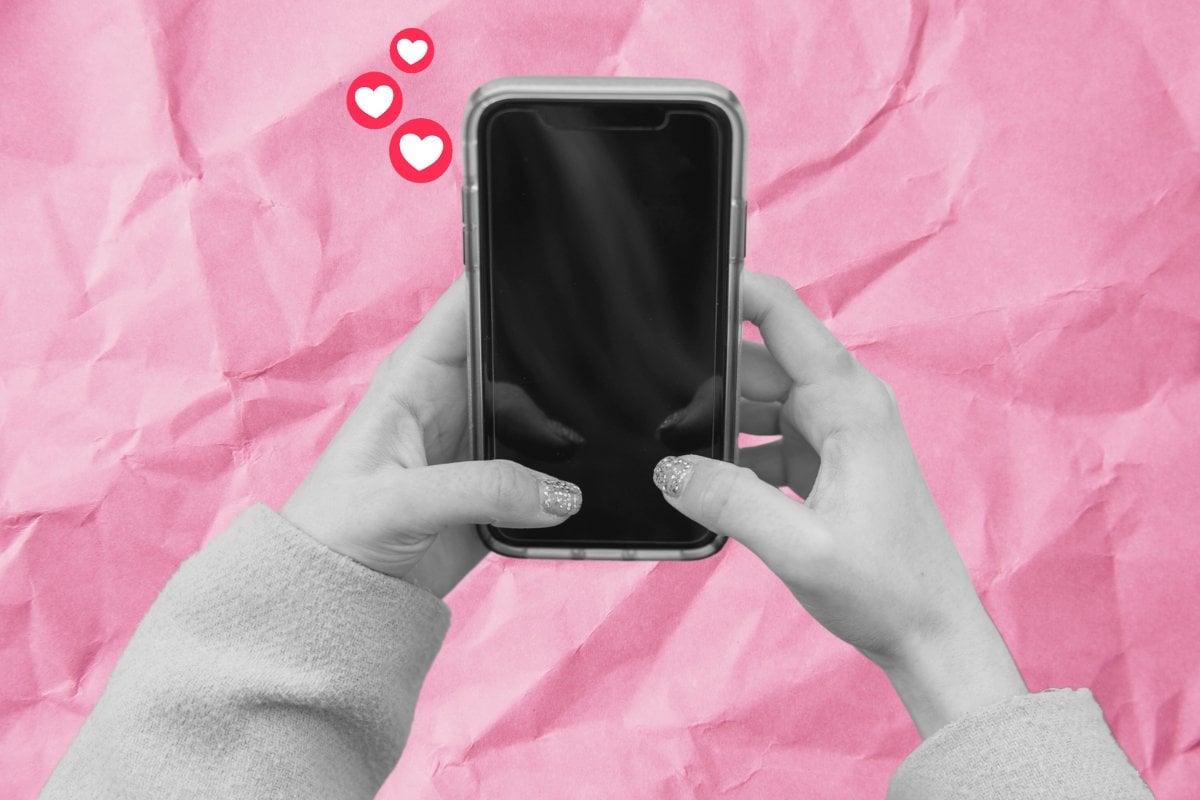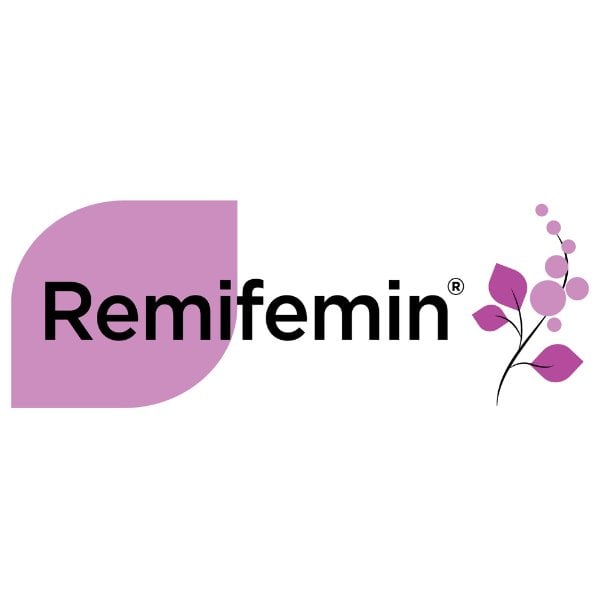

Oh hi there, it’s me: your self-appointed Millennial spokesperson. What are my qualifications, you ask? Well, I’ve been known to use "adulting" as a verb. I can identify a quote from Friends with pinpoint accuracy. I will text using emojis, and I will not apologise for it. I’m still wearing skinny jeans, because frankly, I think they’re the most flattering cut.
And the sock debate? My socks are resolutely ankle-length.
I think we can all agree I’m uniquely placed to tell you what, exactly, my generation is thinking about.
I’m as surprised as you are to report that it’s… menopause.
Yep, the very menopause that was once just an abstract concept we learned about in PDHPE — something that happened to our mothers and grandmas, but surely not to us? — has become the hot topic of conversation for a whole generation.
Consider this your PSA that we're not talking about your grandmother's menopause here. (Unless, obviously, you'd like to discuss your grandmother's menopause, in which case this is a safe space and you're super welcome.)
No, in typical Millennial fashion, we’re heavily into the relaunch, so we’ve welcomed in "Millenopause": a movement of young(er) women grappling with changes to their bodies and hormones which could kick-start as soon as our late thirties — or for some, even earlier. Millenopause is a term which acknowledges that elder Millennials, now sitting squarely in their 40s, are flying the flag for a new approach to menopause: one that’s candid, informed, and absolutely without shame.
Of course, Millenopause isn’t actually different from menopause, despite its branding. We’re still talking about the process where a uterus stops releasing eggs, and all the associated symptoms, which can range from hot flushes, vaginal dryness and night sweats to problems with sleep, behavioural changes and brain fog. But while Millennials are hyper-invested in learning more about menopause, they aren’t interested in the taboo that traditionally accompanied menopause, or a perception that a natural progression for all women is "sad" or "undesirable".
